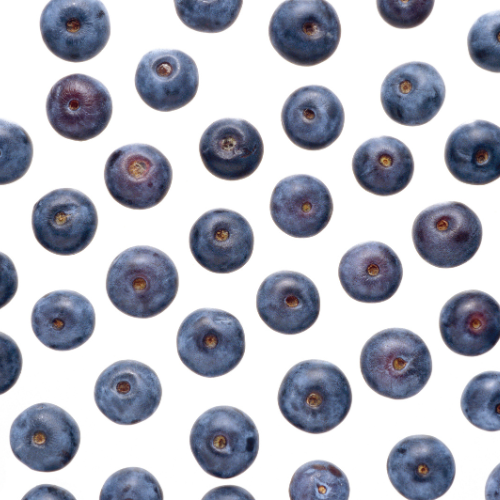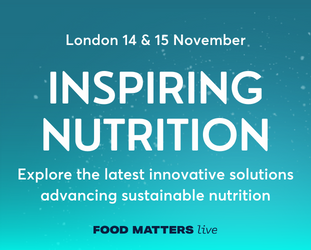5 consumer trends in health and nutrition for 2023 and beyond

Published annually, the Tetra Pak Index is an in-depth report identifying global consumer trends in food and drink. Drawing on the responses of 5,000 consumers from ten countries, the 2023 index looks at the future of health and nutrition, offering valuable insights into what consumers want, what they’re worried about and where the industry might be heading in 2023 and beyond.
To mark its publication, the Food Matters Live podcast welcomed Tetra Pak’s Head of Marketing Julia Luscher to discuss this year’s index. Touching upon everything from lab-grown meat and insect proteins to the cost-of-living crisis and climatarian diets, here are 5 key takeaways from an unmissable episode:
1. More thought about food

The battle for the basket is fiercer than ever
The battle for the basket is fiercer than ever
The cost-of-living crisis has fundamentally changed the consumer landscape, forcing shoppers to be more mindful of their food-related spending and “make hard decisions about what constitutes essentials”, says Julia.
As part of this, there’s been a shift away from impulse purchases towards thrifty planning, with consumers critiquing the health and sustainability of products more closely before adding them to their baskets.
2. Health is priceless
Despite price pressures, post-pandemic consumers remain committed to health and willing to invest in products with proven benefits for mind and body. More than half say they’ve improved their eating habits in the last two to three years, with sugar reduction, increased fruit consumption and eating at home the most popular methods for achieving this. Of those surveyed, only 17% said they are willing to forego healthy foods, whilst 70% said they are happy to sacrifice convenience if it means eating better.
Mental health is also a growing concern, with three-quarters of consumers agreeing that mental health is as important as physical wellbeing – the highest level for any statement in the general health questionnaire. Interestingly, food and beverage products were seen as critical to improving mental wellbeing and of those surveyed, a massive 83% of respondents consume a product to support their mental health.
3. Consumers sour on sugar

Sugar appears to be the latest food villain
Sugar appears to be the latest food villain
One thing shines clearly throughout the 2023 report: Consumers are anything but sweet on sugar. Four in ten respondents reported cutting back on the white stuff and more than half say excess sugar consumption is their primary concern when choosing food and drink products – even exceeding concerns around fat and cholesterol. But with this challenge comes opportunities for sugar-free reformulation, ranked the number one criterion for a “healthy option” by consumers and the “winning characteristic” for product innovation.
4. Personal and planetary health merge
Planetary health is a huge and growing concern for consumers and a topic many have come to see as synonymous with human health. 70% of respondents said healthy products shouldn’t hurt the environment and half said if a food is not healthy for the individual, it’s not sustainable for the planet.
Expect climatarian diets to become increasingly popular in the years to come, with 54% of respondents willing to change their diet to contribute to a better world – a sentiment particularly prevalent in younger consumers.
5. Innovation overload

69% of consumers have heard of lab-grown or cultured meat, with 54% of respondents willing to try a cultured meat product
69% of consumers have heard of lab-grown or cultured meat, with 54% of respondents willing to try a cultured meat product
Consumers appear conflicted on food and technology, believing that innovation is essential to a sustainable food future and yet remaining weary of novel ingredients. Whilst nearly two-thirds of consumers say technology will play an important role in reforming the global food system, just under half of the respondents think there is “too much innovation in food”, something they worry is harmful to their health. In particular, the processing involved in many next-generation ingredients was raised as a concern.
Listen to the full episode to hear Julia break down the 2023 report in more depth or head over to the Tetra Pak website to explore the report in full.





















